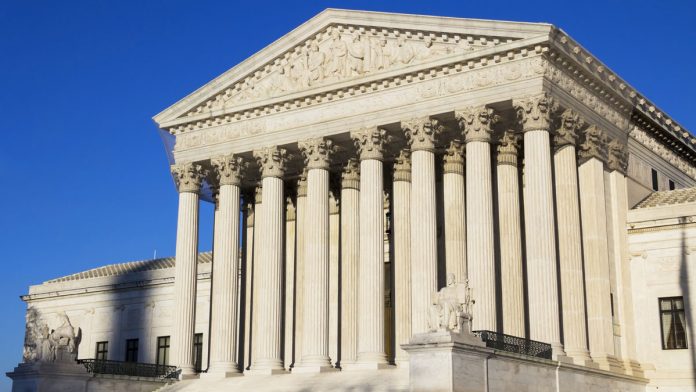Katie Stancombe for www.theindianalawyer.com
The Indiana Court of Appeals has rejected the petition of two biological parents to establish paternity for their child after the appellate court concluded the mother could not collaterally attack a previous paternity finding for another man who assumed he was the father.
Between 2005 and 2010, Jessica Boyd and Jason Baugh had two children together during their on-again-off-again relationship. Baugh was designated the legal father for both kids through the execution of a paternity affidavit, and when the couple’s relationship ended in 2010, Baugh was granted joint custody of the children after he was granted a petition to establish paternity.
In early 2017, Boyd asked Michael Litton, a man she had a brief relationship with during one of her breaks with Baugh, to submit to a private DNA test. The results of the test found that Litton was 99.9 percent the biological father of K.B., Boyd’s youngest child.
The results prompted Boyd and Litton to file a joint verified petition to establish paternity of K.B. under Indiana Code section 31-14-7-1(3), and Baugh filed a motion to intervene. The latter motion was granted and the Johnson Circuit Court ultimately concluded that K.B.’s biological parents failed to act in the best interest of K.B. with their action; that there was no basis for rescinding the paternity affidavit signed by Boyd and Baugh, and; that Boyd could not collaterally attack the affidavit and prior paternity proceedings.
The trial court, however, noted Litton’s petition to establish paternity was dismissed without prejudice as to himself and/or K.B. to “reinitiate the same on other grounds.â€
In his appeal, Litton argued the trial court erred in dismissing his petition to establish paternity, but the Indiana Court of Appeals rejected his argument in Michael Litton v. Jason Baugh, 18A-JP-2066,  The appellate court agreed with the trial court that Boyd could not attack the previous paternity determination that she was a party to with Baugh.
“We have held that ‘once a mother has signed a paternity affidavit, she may not use the paternity statutes to deprive the legal father of his rights, even if he is not the biological father,’†Judge Elizabeth Tavitas wrote, citing to In re Paternity of H.H., 879 N.E.2d 1175, 1178 (Ind. Ct. App. 2008).  https://www.theindianalawyer.com/articles/23497-coa-mulls-fraud-in-paternity-affidavit-statute “As such, Mother may not use the paternity statutes to deprive Legal Father of his rights, and a joint petition to establish paternity under Indiana Code Section 31-14-4-1(3) was improper.â€
The appellate panel acknowledged that other provisions of Indiana Code section 31-14-4-1 may be available to Litton, who ultimately amended his paternity petition. That petition was stayed pending the appeal at hand.
Finding the issue might arise on remand, the appellate court pointed to the relevant statutory considerations and noted that persons listed in I.C. sections 31-14-4-1(2) and (5) — a man alleging he is a child’s biological father, and the child — are possible persons permitted to file the paternity action in the case.





